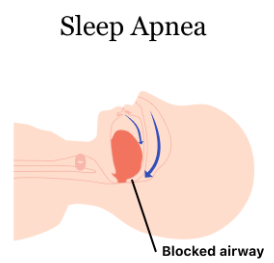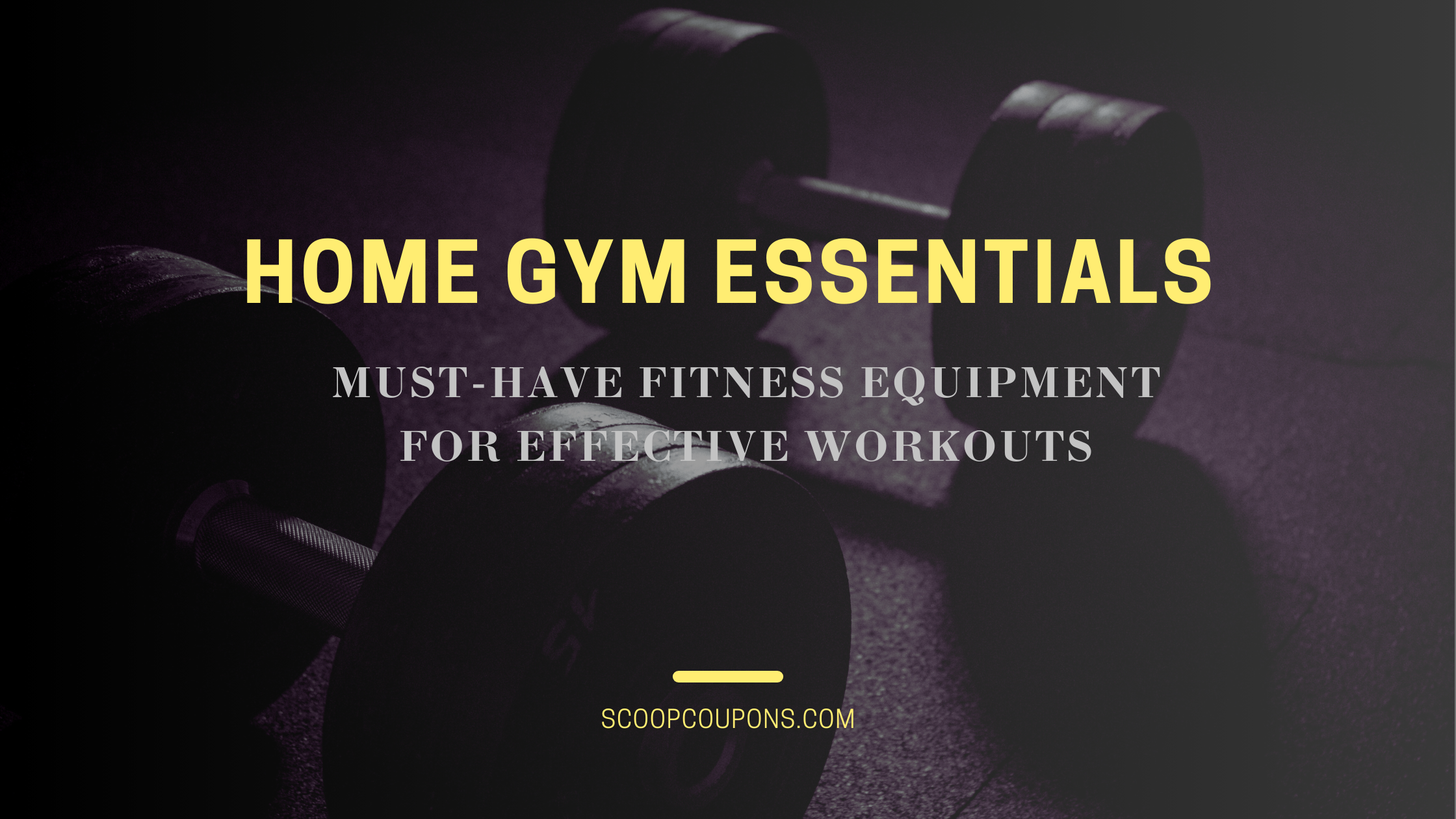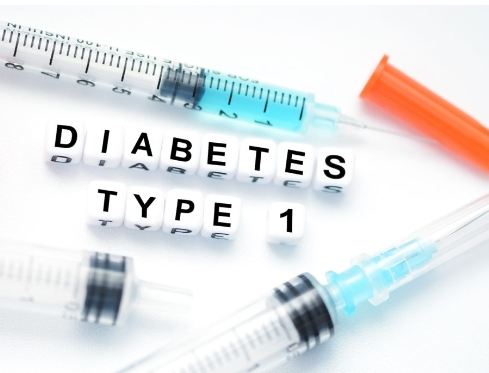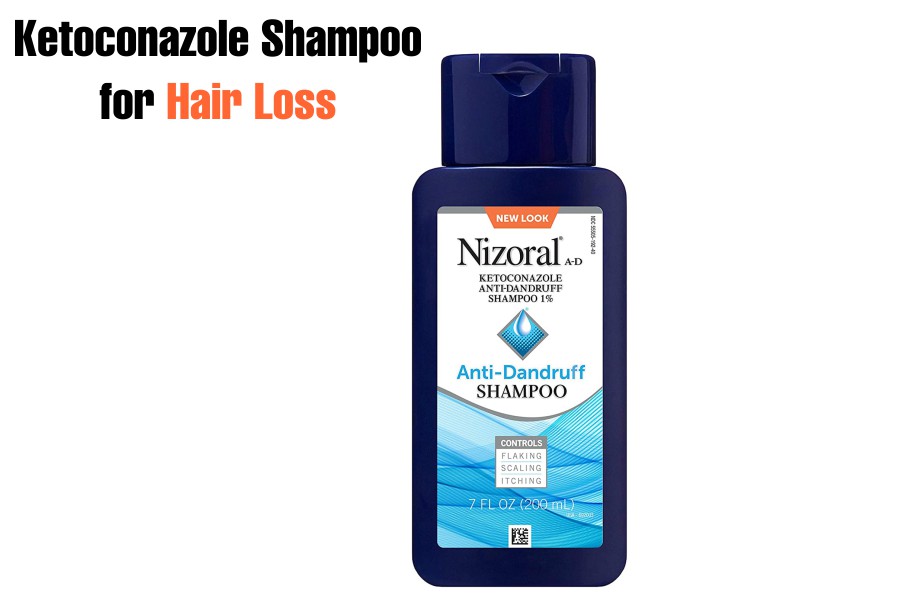
Introduction: What is Sleep Apnea?
Are you struggling with the symptoms of sleep apnea? If yes, then there is a reason to worry. Basically, sleep apnea is a type of sleep disorder in which a person can experience a certain irregularity in his normal respiratory patterns specifically related to over-breathing. In this condition, your brain, muscles, or other body organs do not get enough oxygen to perform various biological activities. It may also lead to serious health problems like chronic heart disease, irregular heartbeat, and high blood pressure. For this reason, we’re here to roll out 5 best CPAP machines for sleep apnea. But before diving deep into this article let’s first explain what actually is sleep apnea and why does it happen?
According to facts and figures, sleep apnea is a type of serious sleep disorder in which breathing constantly stops and starts. Under this breathing disorder, a person can stop breathing for 10 seconds or more during sleep. Over time, this condition can cause serious complications like Polycystic ovary syndrome, high blood pressure, hormonal disorders, prior stroke, and chronic lung diseases such as asthma.
Unfortunately, we’re shocked after hearing the fact that Sleep apnea can also retain the sufficient potential to affect your sex life, memory, health, looks, and even the ability to lose weight. In our opinion, Sleep apnea is not just an ordinary sleep disorder, it is a complex state of respiration which puts a solid impact on your natural biological process, making you feel tired and lazy.
Our knowledge and understanding of serious sleep disorders help us to characterize some of the most common types of Sleep Apnea one by one, so make sure to check them out right now.
Types of Sleep Apnea (Central Vs. Obstructive Sleep Apnea)
Usually, there are two types of sleep apnea.
1. Obstructive Sleep Apnea (OSA)
It is one of the most common sleep-related breathing disorders in which abnormal breathing during sleep takes place. Basically, the collective term Obstructive Sleep Apnea (OSA) refers to a condition in which your upper airway becomes blocked many times while you sleep. Normally, this type of Sleep Apnea occurs in older males, females, and children whenever their breathing supply is interrupted during sleep, for longer than 10 seconds at least 5 times per hour. According to our studies, moderate to severe OSA (apnea-hypopnea index) was present in 11 percent of males. Similarly, in females, OSA was present in 3 percent of patients.
- Root Cause of Obstructive Sleep Apnea (OSA): Interruption of the normal breathing process.
- Complication: Repetitive collapse of the upper airway during sleep.
- Categorization: Characterized by obstructive apneas, hypopneas & respiratory effort-related arousals.
- Targeted Peoples: Older males, females, and children.
- Signs and Symptoms: Most patients with OSA complain of daytime sleepiness, or their bed partner reports loud snoring, gasping, choking, and snorting.
- Treatment: If you’re suffering from obstructive sleep apnea, you may benefit from CPAP. This machine delivers positive airway pressure via a piece that fits into your nose or is placed over your nose and mouth while you sleep.
2. Central Sleep Apnea (CSA)
It is quite different from Obstructive Sleep Apnea (OSA) because, in this type of disorder, something physically blocks your breathing process. This sleep-related breathing disorder affects breathing during sleep and may lead to daytime drowsiness, thinking problems, and a heightened risk of errors and accidents. Like OSA, Central sleep apnea usually occurs in older males, females, and children because of a serious illness, especially one that affects your lower brainstem, which controls breathing. According to our research, central sleep apnea will interrupt your natural breathing process which can last up to 20 seconds.
- Root Cause of Central Sleep Apnea (CSA): Upper airway obstruction.
- Complication: Breathing repeatedly stops and starts during sleep.
- Categorization: Characterized by a lack of drive to breathe during sleep.
- Targeted Peoples: Older males, females, and children.
- Impact of Disorder: Insufficient ventilation and compromised gas exchange.
- Signs and Symptoms: Insomnia, hypersomnia, mood changes, morning headaches, and snoring.
- Treatment: Continuous positive airway pressure (CPAP) is used to treat Central Sleep Apnea (CSA), which involves wearing a mask over your nose or mouth while asleep.
Causes of Sleep Apnea
Sleep apnea is a type of condition in which your breathing stops and restarts many times when you sleep. In this condition, your body is not getting enough amount of oxygen to stimulate various metabolism activities like mitochondrial ATP production and numerous intracellular biochemical reactions. It can affect your physical and mental health, thinking, and daily functioning. Apart from this, not getting the proper amount of oxygen may lead to more than just feeling tired. It can lead to learning disabilities in children, memory impairment in people of all ages, personality changes, and depression. So it’s very important to diagnose and treat Sleep Apnea under a stipulated time limit. To make your job easier, we’ve figured out some of the most common causes of Sleep Apnea which are mentioned below.
- Chronic Medical conditions like asthma may also lead to Sleep Apnea.
- Environmental effect.
- Genetics disorder.
- Mental illnesses (such as depression and anxiety disorders).
- Other conditions, such as heart disease, lung disease, nerve disorders, and pain
- Opioid pain medications.
- Poor-quality sleep.
- Excessive daytime sleepiness.
Use Of CPAP and Bipap Machines In Sleep Apnea
Both CPAP and BiPAP are used in the treatment of sleep apnea. These machines keep your airways open while you sleep so you can receive the oxygen you need for optimal function. The machine supplies pressurized air into your airways to treat more severe cases of sleep apnea, often in people with central sleep apnea associated with other underlying health issues. In other words, we can say that the phenomenon of pushing air into your lungs can significantly improve sleep quality and reduce your risk for a number of health issues, including heart disease and stroke.
BiPAP vs. CPAP: What’s the Difference?
CPAP machines are used to treat both obstructive and central sleep apnea. Whereas, BiPAP machines type of positive pressure ventilators that are used to treat more severe cases of sleep apnea. Research suggests that CPAP has been used successfully to treat people with COVID-19, both in and out of the intensive care unit (ICU). On the other hand, BiPAP may be used in more severe COVID-19 cases, as it provides optimum breathing support for people who don’t want intubation.
5 Best CPAP Machines for Sleep Apnea
1. CPAP Direct – Resmed Airsense 11 Autoset CPAP Machine (Fully Automatic & Portable CPAP Machine)
The ResMed AirSense 11 AutoSet is a that comes with an integrated heated humidifier, wireless connectivity, advanced event detection, and patient support features. Equipped with enhanced digital health technology, this positive airway pressure (PAP) device is loaded with advanced therapy support features with extraordinary digital assistance to help you stay comfortable while receiving your therapy. The best part of this auto-set CPAP Machine is that its LCD display has a setting that automatically adjusts itself to the light in the room and turns off automatically when not required. One thing we like most about this compact and lightweight transportable machine is that it includes a built-in humidifier to improve comfortable therapy while preventing dry mouth and congestion.
- Pricing: $989
- Type of CPAP Machine: Transportable machine.
- Nature of CPAP Machine: Compact, lightweight, and travel-friendly.
- Extraordinary Features: Touchscreen and Smartstart & Stop capabilities.
- Prevention principles: Provides prevention against dry mouth and congestion.
- Type of Display: Automatically adjustable LCD display.
- Highlights for Patients: Adjust pressure levels based on your breathing patterns.
- Ramp up/down function: Ramp setting for gradual pressure increase.
- Connectivity: Bluetooth and cellular connection.
- Height: Approximately 3.7 inches.
- Weight: Approximately 2.5 pounds.
- Usability: Ideal for users who wish to get started and stay on track throughout their sleep apnea treatment journey.
2. Intus CPAP: Autocpap AIRSENSE 10 (Personalized Sleep Apnea Therapy Device)
The Autocpap AIRSENSE 10 is an automatic CPAP machine that offers effective, personalized treatment to improve sleep quality. It features advanced AutoSet technology, which automatically adjusts pressure levels according to your breathing patterns. Another convenient feature of this machine is its climate control technology. The Climate Control mode in your CPAP machine provides the best protection against rain-out (an uncomfortable condition in which humidified air cools too fast). The heated humidifier of the machine provides greater comfort and relief from dryness in the nose and throat. Apart from this, its 10” LCD display, intuitive interface, built-in wireless connectivity, compact size, and portable design make it beneficial for people who need personalized, easy-to-use sleep apnea therapy. In short, Autocpap AirSense 10 is an advanced, personalized sleep apnea therapy device that is particularly inexpensive and loaded with tons of helpful features.
- Pricing: $846.05
- Type of CPAP Machine: Personalized sleep apnea therapy device.
- Nature of CPAP Machine: Compact, lightweight, and portable.
- Extraordinary Features: Climate control technology.
- Prevention principles: Provides prevention against dry nostrils.
- Type of Display: 10” LCD display.
- Highlights for Patients: Automatically adjust pressure levels according to your breathing patterns.
- Connectivity: Wireless connectivity
- Dimensions: 40 × 30 × 20cm
- Weight: Approximately1800g.
- Usability: Ideal for people who need personalized, easy-to-use sleep apnea therapy.
- Warranty: 3 years
- Maximum operating pressure: 4-20 hPa/cm H2O
- Sound level (dBa): 26 dB(A)
- Supported therapy modes: Auto-CPAP (APAP)
- Ramp method: 0-45 minutes, 0.5 hPa/cm H2O increments
3. CPAP My Way: Luna 2 Auto CPAP Machine (Automatic CPAP Machine)
The Luna 2 Auto CPAP is a budget-friendly CPAP machine that delivers constant pre-set air pressure throughout the respiratory cycle (during both inspiration and expiration). This machine comes with advanced RESlex Exhalation relief technology, which enables it to automatically detect your respiratory rhythm and reduce pressure in the mask during exhalation. Aside from that, this lightweight & compact machine features a modern design with a crystal-clear LCD display, so you can easily take a snapshot of your previous night’s data. Other important features of the machine are audible leak detection, automatic altitude adjustment, and integrated heated humidification.
- Pricing: $499.00
- Type of CPAP Machine: Automatic CPAP machine
- Nature of CPAP Machine: Compact, lightweight, and portable.
- Extraordinary Features: Integrated Heated Humidifier.
- Prevention principles: Provides prevention against dry mouth.
- Type of Display: 3.5″ LCD color display.
- Highlights for Patients: Automatic altitude adjustment.
- Dimensions: 10.75″w x 7.25″d x 4.5″h
- Weight: Approximately 4.2 Pounds
- Usability: Ideal for people who need optimum therapy pressure on a breath.
- Warranty: 2 years
- Pressure Range: 4-20 cm
- Water Chamber Volume: 360 mL
- H2O Therapy Pressure: 4 – 20 cm
- Ramp Time: 5 – 60 minutes (5-minute increments)
4. Cpapall: CPAP Chin Strap (Anti-Snoring Chin Strap For CPAP Users)
Cpapall CPAP chin strap creates a comfortable sling that keeps your mouth closed while you sleep. This anti-snoring chin strap is designed specifically to minimize leak events during CPAP therapy. The chin strap is soft and fully adjustable so it can fit comfortably on your head. You can wear this CPAP chin strap under or over your mask to stop mouth breathing.
- Pricing: $19.00
- Type of Chin Strap: Anti-Snoring Chin Strap.
- Extraordinary Features: Maximize comfort during sleep therapy
- Highlights for Patients: This CPAP Chin Strap can help prevent snoring by keeping your mouth closed.
5. LEEL O3 CPAP Cleaner (Portable and Lightweight CPAP Cleaning Machine)
LEEL O3 CPAP Cleaner is a device that sanitizes a CPAP machine in order to keep it clean and safe for use. This CPAP cleaner kills 99% of germs, bacteria, and other harmful pathogens by using the power of activated oxygen (ozone). In just a few minutes, you can sanitize your CPAP machine, mask, and tubing entirely through a stream of controlled activated oxygen.
- Pricing:$74.99.
- Type of Machine: CPAP cleaning machine.
- Extraordinary Features: Kills 99% of germs, bacteria, and harmful pathogens.
- Highlights for Patients: You can sanitize your CPAP machine, mask, and tubing entirely via a stream of controlled activated oxygen.
Common Questions & Answers (FAQs)
What do you mean by obstructive sleep apnea?
Obstructive sleep apnea (OSA) is a common sleep disorder that occurs when your breathing is repeatedly interrupted during sleep.
What is the main cause of sleep apnea?
The main cause of sleep apnea is interruption of breathing.
What are the common symptoms of sleep apnea?
Some of the most common symptoms associated with sleep apnea are daytime sleepiness, fatigue, morning headaches, and difficulty concentrating.
What happens If sleep apnea goes untreated?
If left untreated, sleep apnea can increase the risk of stroke, hypertension, cardiovascular disease, and diabetes.
Who needs to wear a CPAP machine?
Generally, people with obstructive sleep apnea first need to wear a CPAP machine.
How many types of CPAP machines are there?
Currently, there are 2 types of CPAP machines – Manual and Auto CPAP. Manual CPAP machines deliver air at a constant pressure throughout the night whereas Auto CPAP machine automatically adjusts pressure according to your breathing pattern.
Should I need to clean my CPAP machine?
Yes. You should clean your CPAP machine on a regular basis to ensure its smooth and efficient operation.
Which sleeping position is right for CPAP users?
Sleeping on your side is considered the best sleeping position for CPAP users (or people with sleep apnea).
What position is worst for sleep apnea?
sleeping on your back (supine position)
Where to buy the best CPAP Machines for Sleep Apnea?
CPAP Direct is the best place to buy user-friendly, affordable CPAP Machines for the treatment of Sleep Apnea. This store offers some of the most effective and versatile options on the market.
Conclusion
According to our research, CPAP (continuous positive airway pressure) machine is one of the most common treatments for sleep apnea. We especially like that the device keeps your airways open while you sleep so you can receive the oxygen you need for optimal function.



